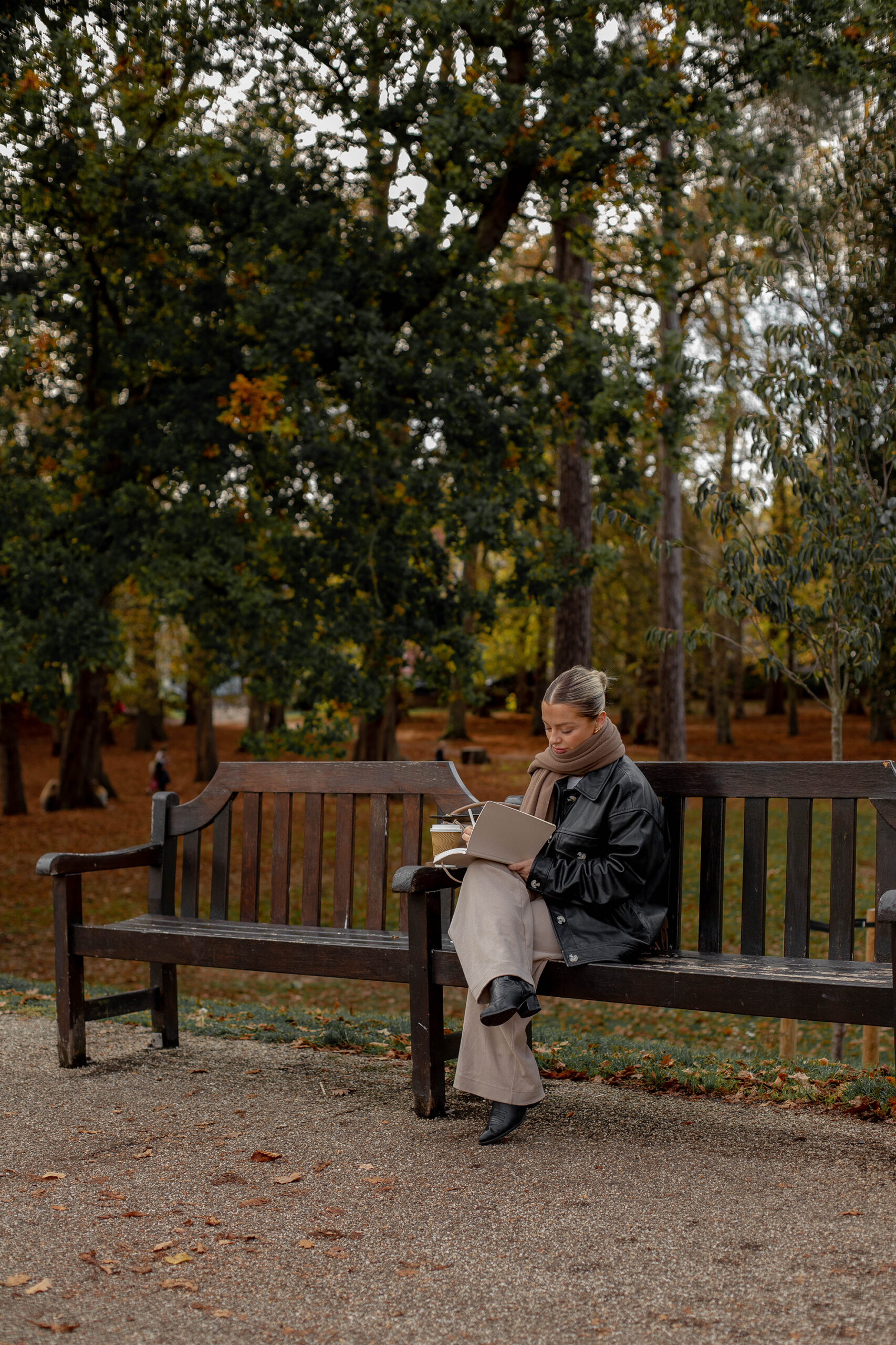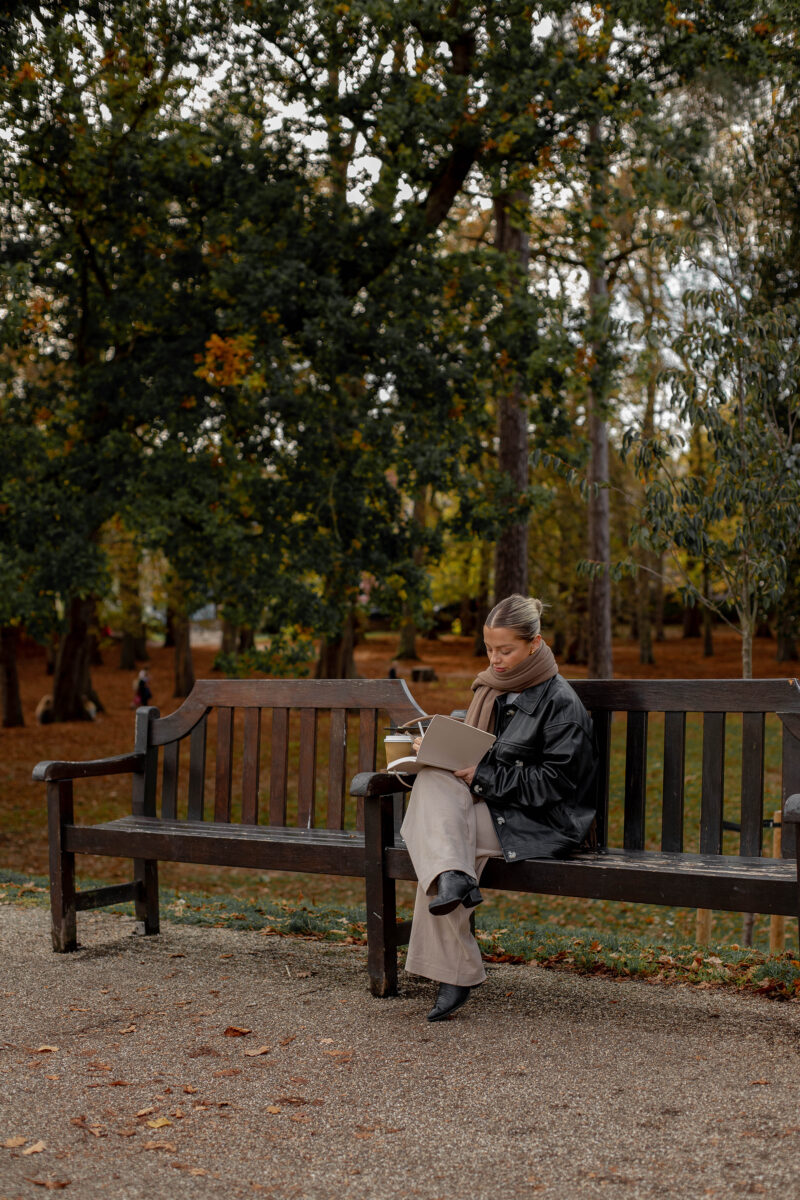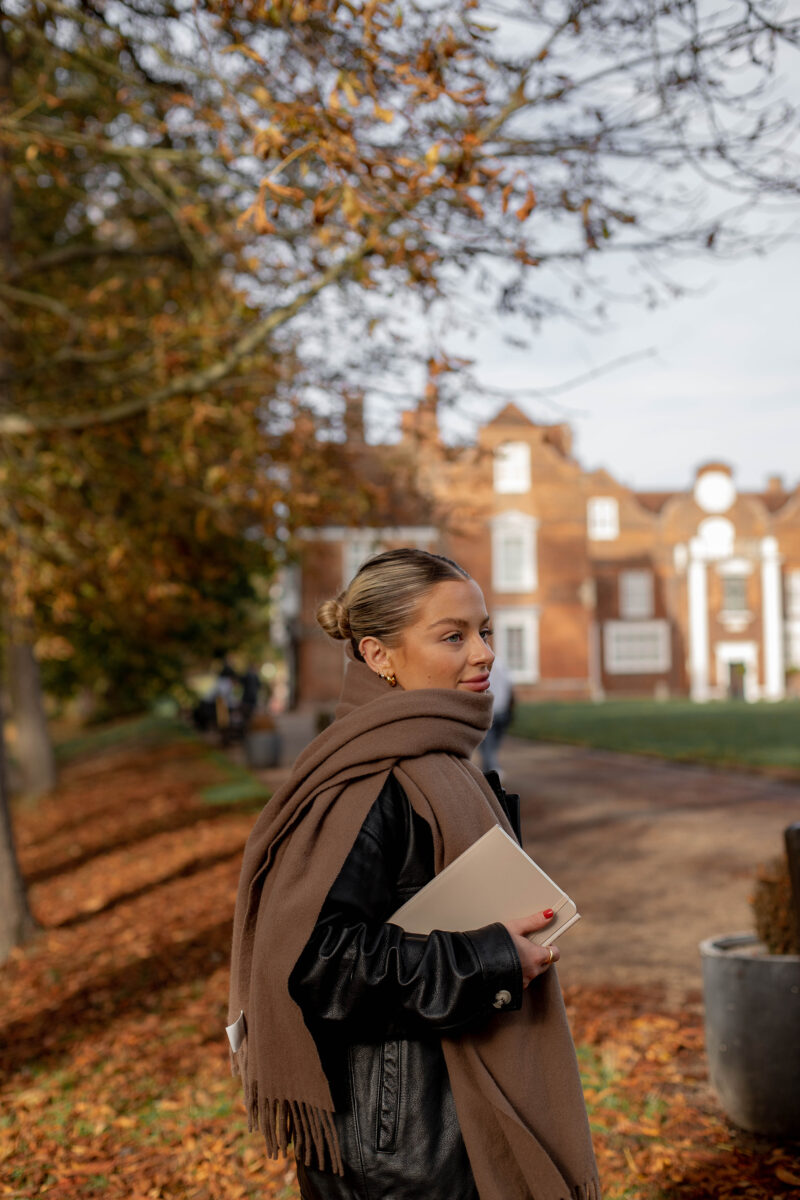There’s something about turning 30 that just feels the ‘right’ time for Botox. I can’t quite put my finger on what it is; as I sit and think about it now, it seems there’s no one reason, rather a muddle of intersecting motivations that lead me towards the erasure of wrinkles, freezing the evidence of time. I’m sure a healthy portion belongs to fear, the cresting of a new decade ahead with one fast-spent behind me, and to the confronting realisation that despite what felt like a certainty in my teens and early twenties, I won’t be young forever. Some of it is simple defiance: if I want to smooth out my wrinkles, why shouldn’t I? It’s my skin. And another factor, one I’ve been noticing more keenly as of late, is this sense of being left behind. Botox has and continues to grow not only in popularity but in normality. It’s now a fairly commonplace treatment, one you’re guaranteed to find within your immediate radius should you not live in a remote Scottish bothy out in the highlands. With it becoming more regular comes this sense of the benchmark being bumped up, shifting beauty standards to incorporate anti-wrinkle treatments as part of the bare minimum. If everybody looks ten years younger at 35, do I want to look my age?
I’m not so bothered about the developing creases around my eyes that demonstrate repeated laughter, nor for the frown lines between my brows that have yet to properly set in. It’s the lines across my forehead, the product of expression - of shock and surprise, confusion, disgust, eyebrow-launching excitement - that begin to bother me as my twenties draw to a close. They used to melt back into my skin as soon as they’d appear, but now they’ve begun to linger, as if laid-down plans for the more permanent creases to come. Even though I wish to yield the strength of character that would prevent such a seemingly trivial thing from bothering me, I don’t, so though my inner monologue disagrees, I feel a little pang in my chest when I catch my reflection and see them still present, refusing to dissolve, stubborn in their inevitability.
I feel deeply conflicted about wanting to banish these lines. On the one hand I both understand and appreciate that wrinkles are a natural part of aging - a privilege even - and to want to erase them suggests that they are in some way shameful or wrong. I don’t believe this at all, nor do I believe that ageing in itself is such a sordid act that it should be masked. The aesthetics industry ultimately profits off of insecurity, and no matter how many companies spin their marketing to reposition themselves as confidence builders, when it all boils down to it, I can’t think of any other motivation for treatments other than to inch closer to a specific idea or iteration of beauty. Botox falls firmly within this realm: wrinkles = old = bad, smooth = young = good.
With that being said, I refute the suggestion that everybody who has aesthetic treatments harbours some deep-rooted self-loathing. This is patronising and removes a person’s bodily autonomy, as if they’re unable to make sensible decisions for themselves. Furthermore, being aware of societal beauty pressures doesn’t make you exempt from their effects; knowing that wrinkle-free skin is a vanity seller for the beauty industry (and this goes for skincare companies too, not only injectables) can co-exist with the residing desire to still be deemed beautiful. To still want to look young, in perpetuity. It’s a complex muddle of emotions.
I’m no stranger to injectable treatments. I worked in marketing for five years at a skin clinic where I came to learn quite a lot about aesthetic treatments while also trying to find a way to market them responsibly (not my favourite). I’ve also been getting lip filler annually since my early twenties, typically in very small doses but to a degree which, when I see the ‘before filler’ appearance of my lips versus the now, is certainly noticeable. On a moral level, I don’t oppose these kinds of treatments at all and I pass no judgement on those who choose to have them - how can I when I engage with them myself? As I’m getting closer to 30, however, and I find myself actively wanting Botox rather than holding it as a future possibility, I’m more interested in interrogating the reasoning behind these decisions - to look a little more closely at the complex confusion I feel when it comes to waving bye bye to wrinkles.
It’s worth mentioning that although anything pre-30 has felt too young for anti-wrinkle injections, it certainly isn’t considered too early for the beauty industry. ‘Baby Botox’ and preventative Botox are marketed as a means of preventing wrinkles before they’ve had a chance to develop, typically aimed at the 25-30 range under the proviso that prevention is better than a cure. The idea is that by suspending the movement of the facial muscles with smaller doses of anti-wrinkle agent, our expressions will be dulled and therefore the skin will not wrinkle as quickly through repeated use. There’s a lack of reliable evidence to suggest this actually works, though. But this doesn’t seem to matter; if you’re to search either this key phrase or ‘Baby Botox’ and your location, you’ll find any number of clinics selling it as part of their treatment roster, widening their anti-ageing net to capture those who’ve barely had a chance to age in the first place.
Perhaps this speaks to the sense of being left behind. The age bracket for anti-wrinkle treatments feels like it’s descending because it is, and the more of our peers who engage with it at younger and younger ages, the more normal it feels to do so, even if we may not naturally choose it isolation. I don’t want to look years and years older than my agemates. I don’t want to be the only one with wrinkles, or for the suspended youth of my peers to cast my own natural age into darker contrast. It’s vain, I know, but how often does rationality align with insecurity? And actually, when I started asking how other twenty and thirty somethings felt, I heard this sentiment echoed time and time again: I don’t want to be left behind. For clarity there was a range of responses, from ‘I love Botox, it’s not that deep’ to ‘I hate that the pressure to never age exists’, with ‘I’m not sure really, I just don’t want to look old standing next to my mates’ landing somewhere in between, but I think there’s something in that - a sense of being steered by the rising baseline of beauty.
I take issue with preventative treatments because I don’t think they’re grounded in anything other than the concept of ‘well, this makes sense so maybe it will work?’. When it comes to ‘proper’ Botox, though, despite all that I’ve said thus far, I know that I’ll probably have it. Sooner rather than later too. I’ve seen it performed to look seamless, utterly natural and undetectable for anybody who isn’t specifically looking for it, and even though confidence is the avenue through which treatments are often sold (which makes it all the more sinister), they can make you feel more confident. Sure, the root desire may be a murky one which is ultimately exploited, but the feeling of confidence still stands. Take my lip filler for example: I don’t have it done for any other reason than I think it looks better than not having it done. That, in turn, makes me feel more confident, and when we have access to means to create such a feeling within ourselves, it’s hard to resist. But I recognise that ultimately I’m abusing a thin-lipped insecurity that probably I would never have had if I wasn’t exposed to others ‘fixing’ theirs.
 Idle Waters: Quaint Cottage Countryside Retreat
Idle Waters: Quaint Cottage Countryside Retreat
 Why Solo Travel & Why Now? What Solo Trips Mean To *Us*
Why Solo Travel & Why Now? What Solo Trips Mean To *Us*
 Unplugged Retreat: A ‘No Phones’ Countryside Break
Unplugged Retreat: A ‘No Phones’ Countryside Break
 New Home Tour
New Home Tour



